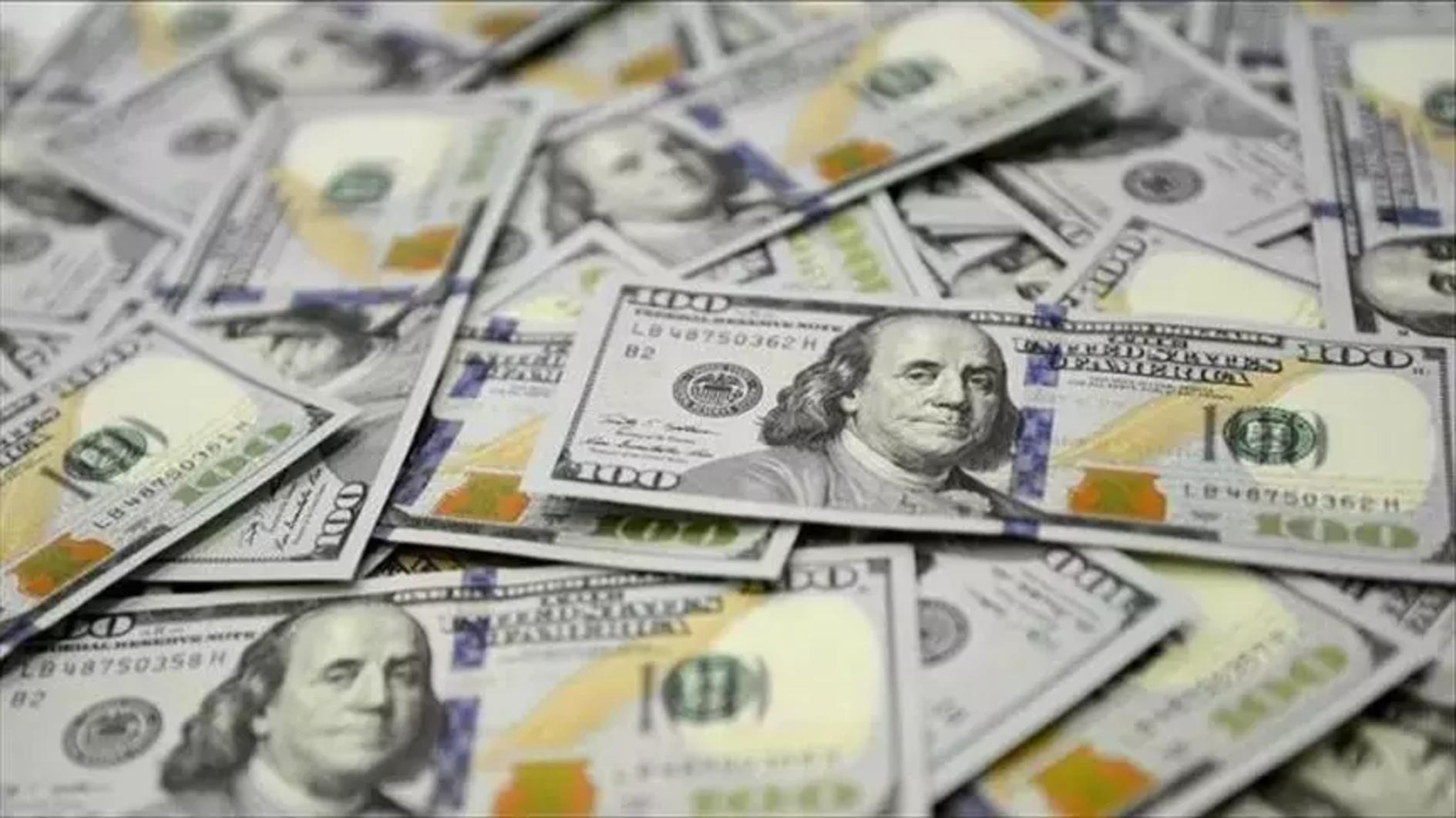British Parliament officially recognizes 'Kurdish Genocide'
LONDON

Nearly 200,000 Kurds died during the Saddam regime's al-Anfal campaign in 1987 and 1988.
The British Parliament officially recognized Feb. 28 the al-Anfal campaign of Saddam Hussein’s Iraqi government against the country’s Kurdish population as the “Kurdish genocide.”The motion emphasized that the campaign targeting the Kurds begun in 1987 caused the deaths of nearly 200,000 Kurds. The decision comes on the eve of the 25th anniversary of the most infamous event in the campaign, the Halabja massacre, in which poison gas was used against Kurds in northern Iraq.
Kurdistan Regional Government Prime Minister Nechervan Barzani has expressed his satisfaction with the decision in a statement.
One of the main sponsors of the motion, Labour MP Jeremy Corbyn, criticized the position taken by the British government at the time, saying the administration’s support for the Baath Party government in its war against the Islamic regime in Iran had “blinded” all of Britain’s policies. Corbyn also said it took a lot of time for the Parliament to take the decision, adding that Britain should adopt a more self-critical stance regarding the period of recent history.
Countries such as Sweden and Norway have previously recognized the Kurdish genocide. According to Human Rights Watch, some 4,000 villages out of 4,655 were wiped out between April 1987 and August 1988, among which 250 had been attacked with chemical weapons. More than 1,700 schools, 2,450 mosques, as well as 27 churches were also destroyed.
















